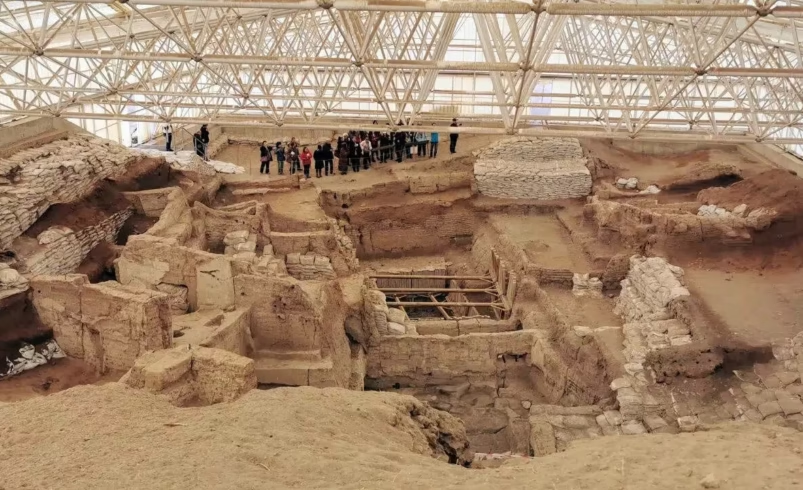Ancient DNA Reveals Matriarchal Society in Neolithic Turkey
- June 30, 2025
- 0

Recent genetic analysis of skeletal remains from the Neolithic settlement of Catalhoyuk in Turkey has unveiled intriguing insights into the social structure of early human societies. The study suggests that this ancient community was likely matriarchal, with women playing central roles in family and societal organization. The research focused on maternal lineage, revealing that women typically remained within their familial households, while men joined their wives’ families upon marriage. This pattern of residence highlights the importance of women in maintaining family continuity and stability. Moreover, the archaeological findings indicate that women’s graves were often accompanied by a greater number of goods compared to those of men. This disparity in burial offerings suggests that women held elevated social statuses and were possibly revered figures within their community. Such evidence challenges long-held assumptions about gender roles in early human societies, which have often been perceived as predominantly patriarchal. The implications of these findings are significant, as they provide a new perspective on the diversity of social structures that existed in prehistoric times. By highlighting the potential for matriarchal systems, this research encourages a reevaluation of how ancient societies were organized and the roles that women played within them. This discovery not only enriches our understanding of Neolithic cultures but also contributes to broader discussions about gender dynamics throughout history.